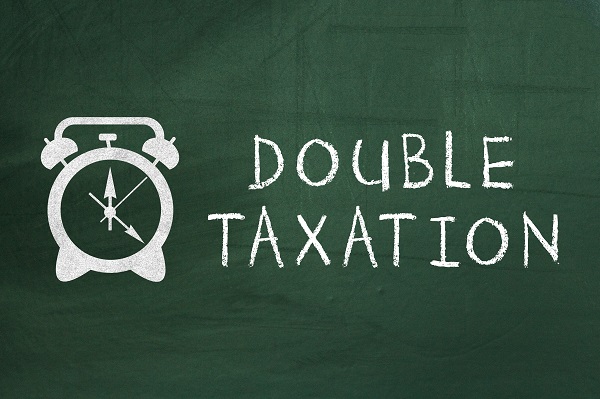WHAT ARE THE 7’C IN DIGITAL MARKETING ?
What is Digital Marketing? It is the marketing of products or services using digital channels to reach consumers. The main objective is to promote brands through various forms of digital media. THE 7'C IN DIGITAL MARKETING ? In…








